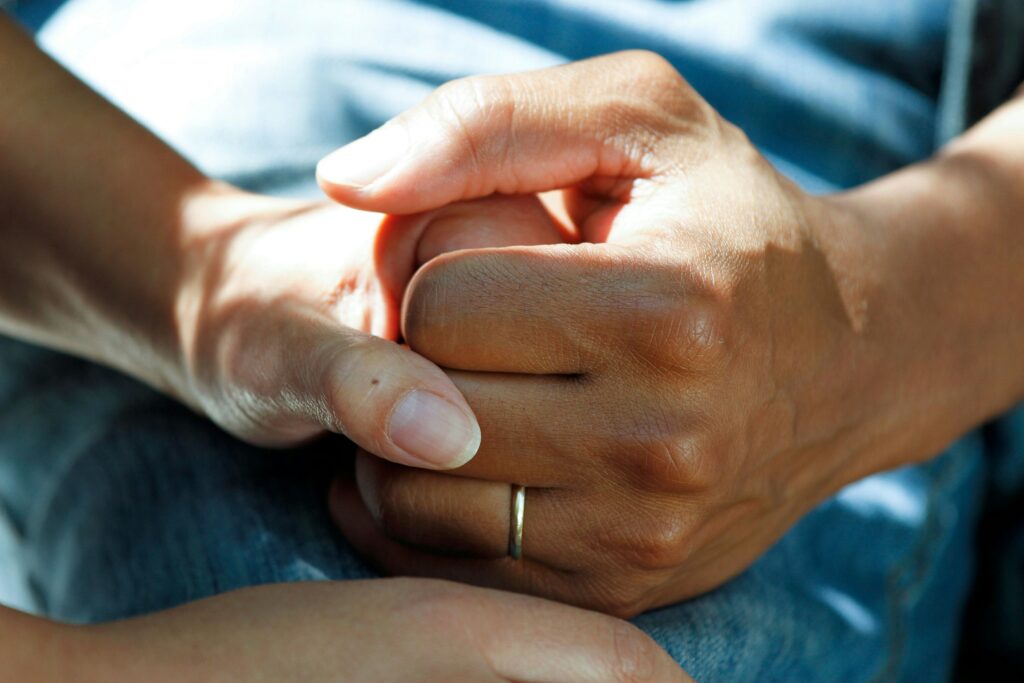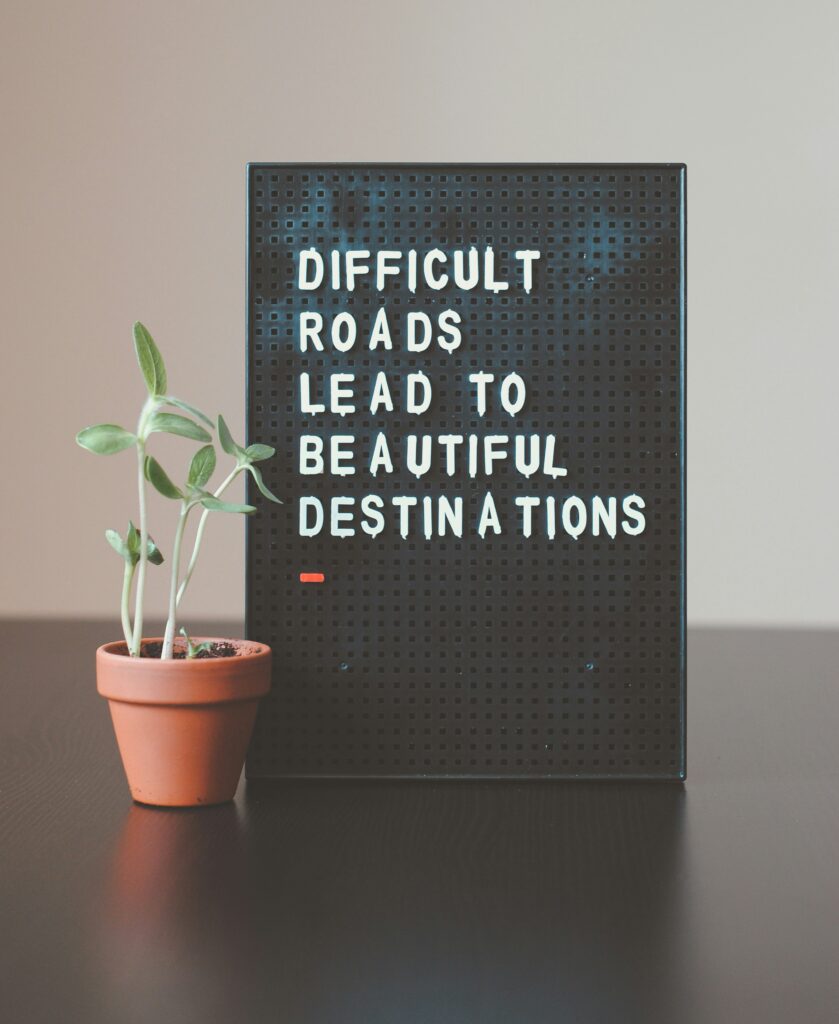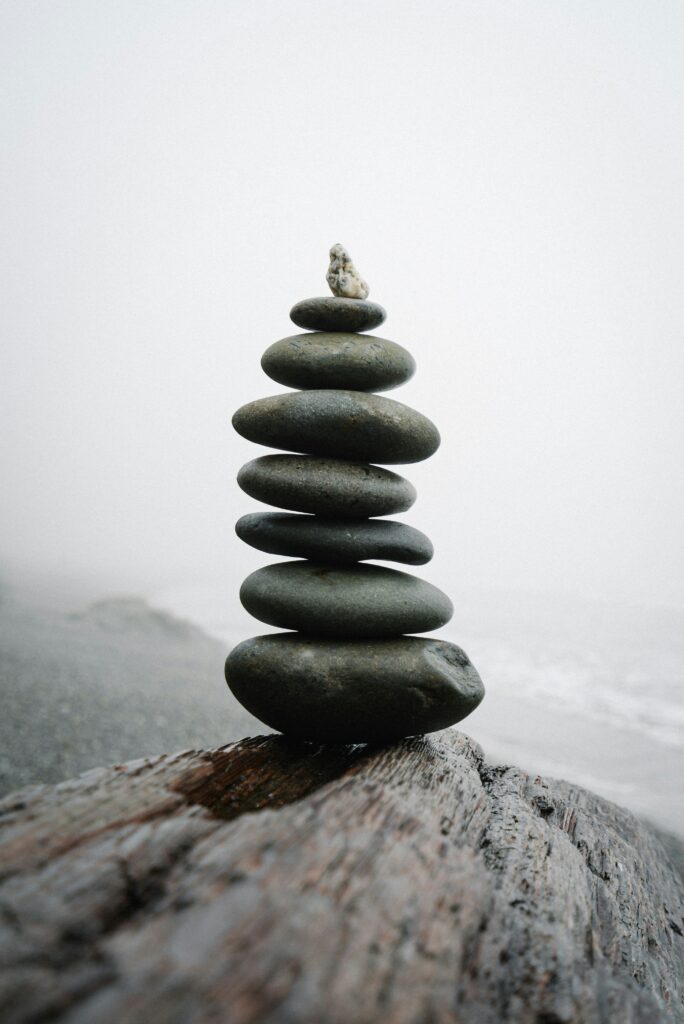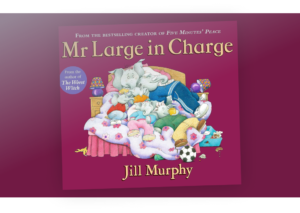Is it possible to live with OCD and still have romantic relationships? Do intrusive thoughts and compulsions create too much strain? Will someone who has never experienced it eventually become too frustrated?
Sadly, there are many instances where people have split up because of the effect of OCD for one of the individuals and in some cases people with OCD simply avoid intimate relationships to reduce any additional stress in their lives. It’s particularly taxing for those with Relationship OCD.
However, there are positive stories. If you are suffering from OCD, I want to encourage you that it is possible to struggle with OCD and still have a wonderful relationship. Will it be harder than a normal relationship? Yes. Will it require more sacrifices from each of you? Yes. But it gives you both more opportunities to love each other and appreciate each other more.
I’ve interviewed my husband on this occasion to hear his perspective as someone in a relationship with someone who has OCD.
Some context: We got together as teenagers, and were in a long distance relationship when my OCD started to really show itself. We got married when I was probably at my worst, and then had about 5 years together until during Covid lockdown I finally admitted I wasn’t coping and got some CBT and started a very positive journey of recovery. We’ve been married for 8 years now.

What was your understanding of OCD before my OCD started to manifest?
I think the first time I heard about OCD was in quite a light-hearted context, and people would casually mention being “OCD about something”, usually referring to a specific preference like organising their desk or keeping countertops clean. It seemed superficial, and honestly, I didn’t perceive it as a legitimate disorder.
What were some of the first things you started to notice?
The first noticeable sign was the meticulous checking of plugs in the kitchen. Before that, there were behaviours like frequent hand washing and the concept of germs being something we had to be constantly aware of, but it was when the plug checking became a compulsive ritual that I realised “oh this is actually potentially a more serious thing”.
What were some of the challenges in supporting me with my OCD?
Initially, it wasn’t too challenging because it wasn’t something I was having to think about. It was based on your reactions and or requests saying ‘could we check…’. When the compulsions started happening at night or outside the house, it became more challenging, especially when it disrupted my sleep! It wasn’t really an issue for me, but if i could choose, i wouldn’t be getting up at 3am to check the boiler. I was more conscious of the fact that it wasn’t particularly very good for you.
Were there times when you got frustrated about it?
I wouldn’t say I was frustrated with you, but there were moments when the illogical nature of the compulsions frustrated me. I’m a logical person, so if something doesn’t make sense, as long as someone admits that it’s not logical and it’s something they struggle with, which you did, it’s not a huge issue. I didn’t get frustrated or kind of annoyed at the fact that we have to do some checks or whatever the issue was in that moment.
What did you find most helpful in supporting me when my OCD was at its worst?
I think it’s probably an attempt to reassure you, just reminding you that it’s okay and that we can handle the compulsions together. Just being there to support you without judging you or getting annoyed.
What were the most helpful ways for me to communicate with you about what was going on in my head?
When issues were discussed openly and quickly, it helped me understand better, for example if things were getting progressively worse and how it was impacting you. Sometimes it could not be discussed for a while so you might have an issue with something and start doing a compulsion but because we hadn’t talked about it it might not be super obvious it was getting worse. Communicating about those things openly and quickly allowed me to provide better support.

Did you ever think that was just how life was going to be from now on?
Yes, I had accepted that it would be our reality. It wasn’t directly impacting my mental health because I wasn’t having to think about everything, I just needed to check things and reassure you. But I knew it affected you, so I accepted it as part of our life, hopefully it wasn’t going to get worse. I didn’t think it would get better and certainly hadn’t thought it would be as good as it is now, which is hardly noticeable for me.
Can you remember how you found it when I started my CBT?
I was initially sceptical, because it had been years you’d been struggling with OCD and I didn’t think it would be effective. Once it started to have an impact and I could see positive changes fairly quickly it was encouraging.
Were you worried about how it would affect my ability to parent if we had kids?
Yes, I was concerned because children are messy, and again going back to germs, my worry was we’re not going to be able to keep things clean. Once kids come then that complicates things and you have less control, for example not being able to do checks like is the window is closed or the plug turned off in our child’s room. Explaining to a three year old how OCD works would be complicated!
What do you wish others knew about supporting someone with OCD?
I wish people were aware it’s a legitimate thing and it’s certainly not what people think – “ my pens have to be laid out like this” or something else superficial. As the name states it’s a compulsion disorder so it truly affects someone, so I wish people were more aware of that. In terms of support I think being able to have conversations would be the most obvious starting point. Being able to say “How can I best help you in your recovery?” or “How can I best support you right now?”. It’s going to be different depending on the person and their preferences and their compulsions so adaption is needed. But as a whole, communication, offering genuine support and saying you’re there for them.
How did it make you feel when my family would make you know jokes about it like ‘Oh have you turned off all the plugs yet?’
I didn’t mind too much because it was generally done in a light-hearted way, and the family dynamics are quite humorous so I didn’t take it seriously. I think you know each person could take it in different ways so you could have someone deeply offended by that or really frustrated and it makes things worse. In our specific scenario it wasn’t too big a deal, maybe you can be a better judge, but from my point of view I didn’t have a massive issue. If it was someone random or from work or church maybe it would be different and would require a more direct conversation.
Yes it’s also fair to say most of my triggers were in the house and i don’t think anyone apart from you really understand how difficult it made life – they didn’t really understand the impact it was having.
I’m in a much healthier place now, are you ever worried I’ll suddenly regress backwards?
In short, no but I do think there could be areas or new circumstances that arise that could trigger certain aspects of the problems we were facing. For example if we had a leak and it was serious it could certainly be a trigger for you to restart a lot of compulsions. But about the easier things to manage, I’m not worried .
To listen to the unedited interview on YouTube please click here








